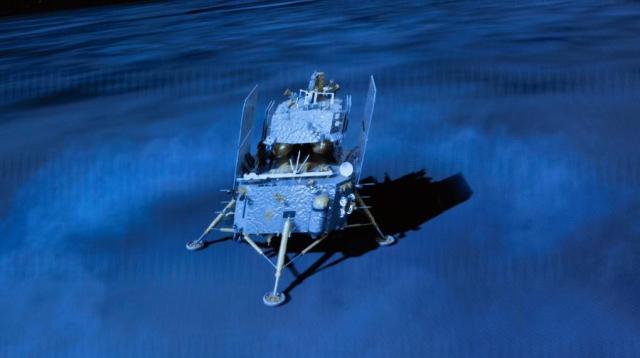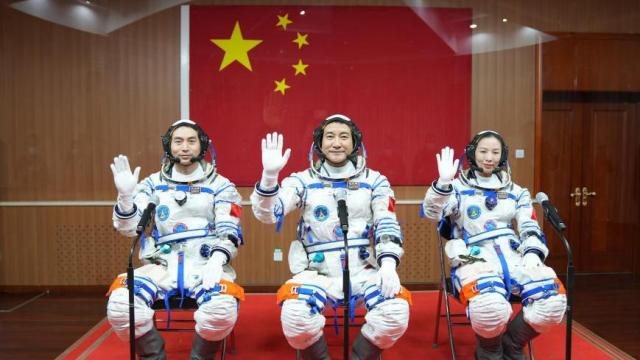Chang'e-6 was launched on May 3, 2024, and on June 25, successfully returned with 1,935.3 grams of samples from the moon's far side. Xi highlighted that this mission marked the first time humanity has collected samples from the far side of the moon, overcoming numerous technological hurdles. This accomplishment is a major milestone in China's space program and technological advancements.
Over the past two decades, China's lunar exploration program has made significant progress in scientific research, technological innovation, and international cooperation, contributing greatly to the country's space industry. Xi emphasized that since the founding of the People's Republic of China 75 years ago, the space industry has grown from humble beginnings to achieving groundbreaking success.
Despite more than 100 lunar missions worldwide since the 1950s, only 10 have successfully returned samples, all from the moon's near side. China's Chang'e-4 was the first to land on the moon's far side in 2019, and Chang'e-5 brought back the first near-side samples in 2020. The June 2024 return of samples from the far side set a new benchmark for lunar exploration, according to Kang Guohua, an aerospace professor at Nanjing University.
The Chang'e-6 mission has demonstrated China's growing leadership in space exploration. The unique samples from the far side of the moon are invaluable for scientific research and further deep space exploration. The mission also advanced key technologies such as Earth-moon transfer orbits, lunar surface landing, and high-speed re-entry, driving innovation in new devices, materials, and energy sources.
China's international collaborations in lunar exploration are expanding. The Chang'e-6 mission included scientific payloads from the European Space Agency, France, Italy, and Pakistan. Future missions, such as Chang'e-7 and Chang'e-8, are set to carry more international scientific equipment, with over 30 cooperation applications already received for the Chang'e-8 mission.
Looking ahead, China has ambitious plans beyond the moon. The Tianwen-3 mission aims to retrieve samples from Mars by 2028, a first in human history, involving global collaboration in sample sharing and research.
Copyright ⓒ Aju Press All rights reserved.




